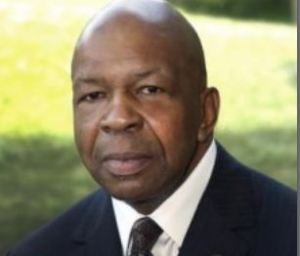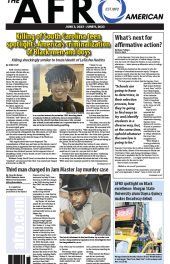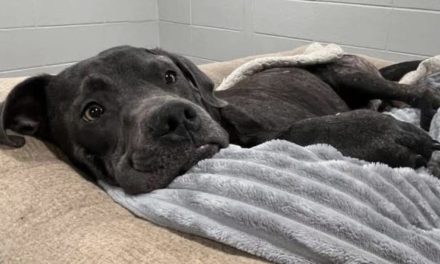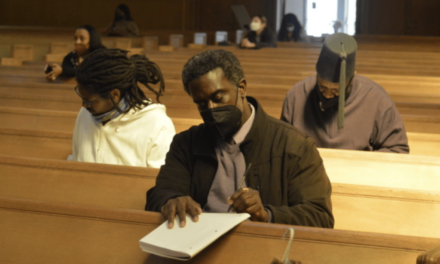By Alaina Bookman, AL.com
In Alabama, Black students are disproportionately likely to be sent to alternative school and be removed from normal classroom instruction.
Lack of alternative rehabilitation methods have left Alabama with the sixth-highest suspension and expulsion rates and eighth-highest youth incarceration rate in the nation, according to a Southern Poverty Law Center report released Tuesday.
Advocates claim juvenile detention centers across the state have overly criminalized Black youth, pushing them out of school without due process and into abusive and costly youth detention facilities. The report, Only Young Once: Alabama’s Overreliance on School Pushout and For-Profit Youth Incarceration, makes the claim that an overreliance on juvenile detention centers causes harm to both Black youth and taxpayers.
“This isn’t a new problem for Alabama. They’ve been incarcerating young Black youth for a very long time, even going back to Bull Connor. Those kids were incarcerated. They were separated from schools, expelled and suspended from school. We’re seeing that same thing where they are incarcerating and disposing Black kids,” Delvin Davis, senior policy analyst with the Southern Poverty Law Center and author of the report, said.
According to the report, Black students are 19% more likely to be suspended than their white counterparts for disciplinary infractions.
During the 2017-18 school year, 34,969 Black students were suspended. A Black youth was suspended every 15 minutes in Alabama. And out-of-school suspensions are the overwhelming type of discipline enacted, compared to calling a parent or guardian.
“Seperating a kid from school is usually the first step in the school to prison pipeline,” Davis said.
The report found that youth in detention centers experience excessive solitary confinement, physical and sexual abuse and educational disruption.
In August, a Tuskegee youth residential facility, Brighter Path Tuskegee, formerly known as Sequel Tuskegee, a for-profit youth facility, was once again the subject of a lawsuit alleging physical abuse and neglect of a 15-year-old boy who allegedly “lived in constant fear for his safety.”
Another lawsuit against Sequel’s Tuskegee facility described the company as having a “culture of violence” where “staff would pick [a child] up by the throat until he passed out.”
Among the previous lawsuits was one against the same facility was a wrongful death lawsuit on behalf of the family of Connor Bennett, who died by suicide in 2022 after he claimed he was repeatedly sexually, emotionally and physically abused at the facility.
According to the center’s report, Sequel facilities are known for taking advantage of troubled youth and maximizing profit by minimally staffing facilities.
Alabama is one of the only states in the Southeast that doesn’t have a guarantee of due process in school discipline, allowing each district to set its own policies. State Sen. Rodger Smitherman filed bills in 2023, 2022 and 2021 to standardize due process for students, but they failed to pass each time.
A former student, Cory Jones, filed a lawsuit against Tuscaloosa City Schools earlier this month alleging he was “unlawfully and arbitrarily suspended” and deprived of his education.
The SPLC report references AL.com’s reporting on Jones’ case. Cory Jones Sr. told AL.com last year that “Alabama is building mega prisons and I won’t give them to my son to help fill them.”
“There are a lot of community based alternatives to incarceration where you can divert a child out of the court system, the youth justice system,” Davis said. “You can care for a kid in the community and not disrupt their education and the services that they’re used to school and really think about more of a rehabilitative model that does not require incarceration to do it. These facilities are not really designed for rehabilitation, but more so for punishment and separating kids from society. That’s the system that creates more recidivism.”
State taxpayers are footing the high costs of the juvenile detention facilities.
Incarcerating a young person in Alabama for one year costs $161,694 in a public facility or $120,450 in a private facility, according to the report.
Alternatively, it costs $12,092 a year to educate that child in Alabama public schools, $20,075 to fund community-based programs and $54,672 to pay for attendance at the University of Alabama and Auburn University combined, according to the report.
“These facilities are understaffed, underfunded, not as well resourced as they should be, especially when you compare the money going into these incarceration systems compared to alternatives. They’re not really effective either,” Davis said. “Whether it’s a privately owned facility or a publicly owned facility, either way, it’s very expensive.”
Southern Poverty Law Center advocates suggest Alabama lawmakers:
- Raise the minimum age of youth incarceration and prosecution in the state from 11 to at least 14.
- End exclusionary and punitive discipline as an arbitrary, routine practice and require local school boards to create due process protections against long-term suspensions and expulsions.
- Invest in community-based alternatives to youth incarceration, and school-based policies that prioritize rehabilitation and services to support children’s needs.
- Make nonviolent offenses, especially technical violations and nonviolent drug offenses, non-jailable offenses for youth.
- Discontinue the use of privately owned for-profit youth incarceration facilities.











